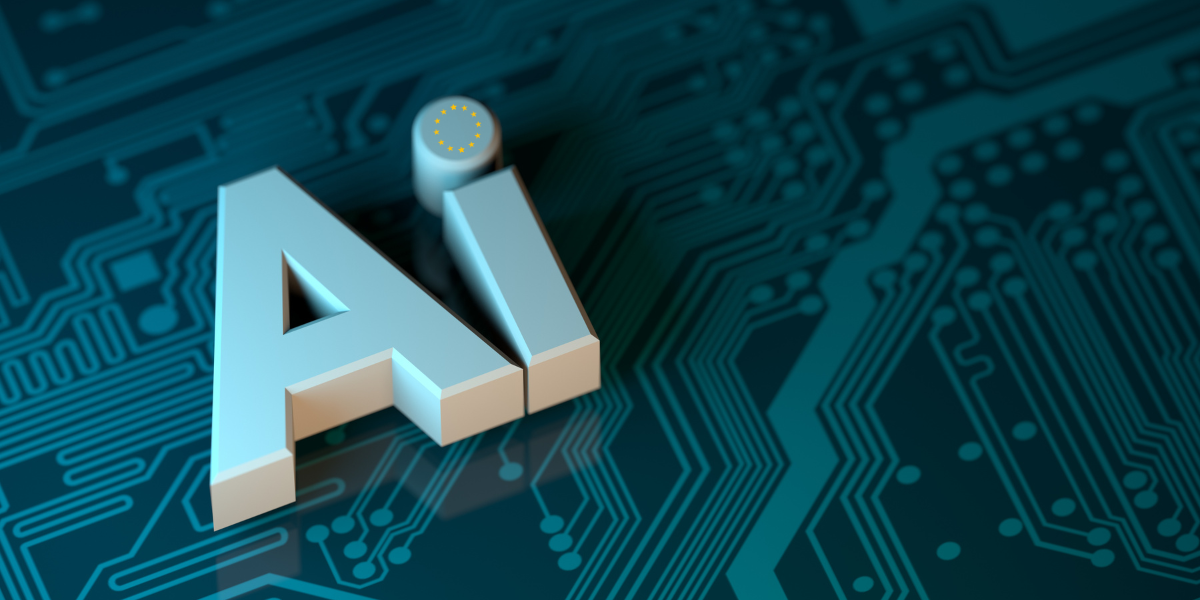|
Brussels, |
|
A.I. – EU to Stop Applications Against Democracy and Citizen’s Rights
The EU Council and Parliament have agreed on the EU Artificial Intelligence Act, a groundbreaking move for AI regulation in Europe. This agreement, awaiting ratification, sets the EU as a leader in creating rules for consumer protection in the AI industry. Balancing innovation with ethical AI use, the Act addresses concerns about Europe's tech competitiveness. It establishes a framework for responsible AI development and could influence global tech governance.
In a decision that will shape the landscape of Artificial Intelligence (A.I.) in Europe and beyond, the EU Council and the European Parliament have reached an agreement on the pioneering EU Artificial Intelligence Act. This historic accord, pending ratification, positions the EU as a trailblazer in establishing comprehensive rules aimed at protecting consumers in the rapidly evolving AI sector. Amidst concerns from major companies about the Act’s potential impact on Europe’s technological competitiveness, this legislation represents a delicate balance between fostering innovation and ensuring ethical AI deployment. With its comprehensive guidelines and stringent regulations, the EU Artificial Intelligence Act marks a significant step towards responsible AI development, setting a precedent for global tech governance.
By Paolo Licandro
BRUSSELS, DECEMBER 13, 2023 – 2 MINUTES READ
The EU Council and the European Parliament reached an agreement on the EU Artificial Intelligence Act. If the agreement will be ratified by the vote of the two European institutions, the EU will be the first to have a set of rules to protect consumers. As reported in a previous article, the large companies that have invested in A.I. had criticized the Commission’s proposal, complaining that the A.I. Act could jeopardize Europe’s competitiveness and technological sovereignty.
The AgreementDecember 2023 saw the European Council and Parliament reach a consensus on the Artificial Intelligence Act. This act establishes comprehensive guidelines for the development, deployment, and management of AI technologies, ensuring they align with ethical standards and human rights considerations.
The agreement has made several significant changes and additions to the initial proposal made by the European Commission in April 2021. Here are some of the key aspects of the agreement:
These changes and additions to the EU AI Act represent a comprehensive effort to regulate AI technologies while balancing innovation and fundamental rights protections. European Institutions aim to make Europe a leader in the development of safe and trustworthy AI, setting a global benchmark for AI regulation.
The agreed text will need formal adoption by both the Parliament and the Council to become EU law, with some provisions coming into effect two years after entry into force.
Read more on EU A.I. Act and related legislative acts.
© Copyright eEuropa Belgium 2020-2023
Source: © European Union, 1995-2023
By Paolo Licandro
BRUSSELS, DECEMBER 13, 2023 – 2 MINUTES READ
The EU Council and the European Parliament reached an agreement on the EU Artificial Intelligence Act. If the agreement will be ratified by the vote of the two European institutions, the EU will be the first to have a set of rules to protect consumers. As reported in a previous article, the large companies that have invested in A.I. had criticized the Commission’s proposal, complaining that the A.I. Act could jeopardize Europe’s competitiveness and technological sovereignty.
The AgreementDecember 2023 saw the European Council and Parliament reach a consensus on the Artificial Intelligence Act. This act establishes comprehensive guidelines for the development, deployment, and management of AI technologies, ensuring they align with ethical standards and human rights considerations.
The agreement has made several significant changes and additions to the initial proposal made by the European Commission in April 2021. Here are some of the key aspects of the agreement:
- Banned Applications: It was agreed to prohibit certain AI applications that pose a significant threat to citizens’ rights and democracy. These include biometric categorization systems that use sensitive characteristics (like political or sexual orientation), untargeted scraping of facial images to create recognition databases, and emotion recognition in the workplace and educational institutions.
- Law Enforcement Exemptions: The agreement includes safeguards and narrow exceptions for the use of biometric identification systems by law enforcement in publicly accessible spaces, subject to strict conditions, such as prior judicial authorization and limited use in terms of time and location.
- High-Risk Systems: AI systems categorized as high-risk are subject to clear obligations, including a mandatory fundamental rights impact assessment. This also applies to AI systems used in sensitive areas like elections, where they could influence the outcome.
- General Artificial Intelligence Systems: General-purpose AI (GPAI) systems and models are required to adhere to transparency requirements, which include technical documentation and compliance with EU copyright law. For high-impact GPAI models with systemic risk, more stringent obligations are set, including model evaluations and reporting on energy efficiency.
- Support for Innovation and SMEs: The agreement promotes regulatory sandboxes and real-world testing, established by national authorities, to encourage innovation and development of AI before market placement, particularly benefiting SMEs.
- Sanctions: Non-compliance with the Act’s rules can lead to significant fines, depending on the infringement and the size of the company.
These changes and additions to the EU AI Act represent a comprehensive effort to regulate AI technologies while balancing innovation and fundamental rights protections. European Institutions aim to make Europe a leader in the development of safe and trustworthy AI, setting a global benchmark for AI regulation.
The agreed text will need formal adoption by both the Parliament and the Council to become EU law, with some provisions coming into effect two years after entry into force.
Read more on EU A.I. Act and related legislative acts.
© Copyright eEuropa Belgium 2020-2023
Source: © European Union, 1995-2023



